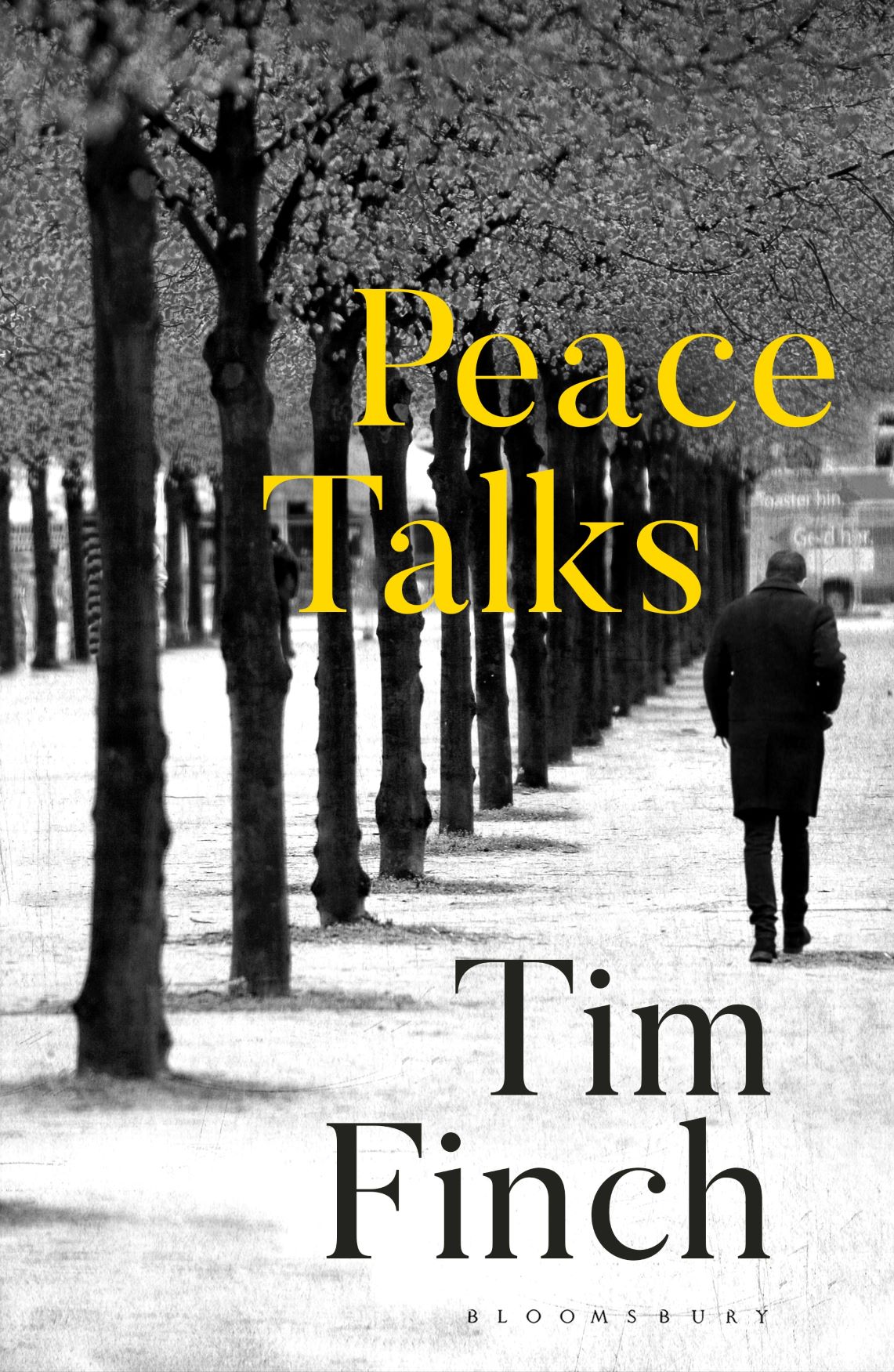Author Tim Finch introduces us to his writers' collective and discusses how age doesn't need to count against you becoming a published author at a later stage in life...

One of our number has died since we first met. One has written a best-seller and sold the rights of her book to Hollywood. You may recognise the names of a handful of our 60 or so members. Though most you would never have heard of. We are writers of fiction after all, we don’t expect to be famous or to make a lot of money. It remains something of a surprise that we have been published. Though now we have been, we don’t take as much delight in it as we should. We are just like all other writers in this respect. The respect in which we are somewhat different is this. The Prime Writers, a loose collective, are bonded by one criterion for ‘membership’: we were all commercially published over the age of 40.
In my case, add a decade. And then add another seven years, bringing us to now, the point at which my second novel, Peace Talks is about to be published. Having a book out aged 57 is not unusual. Ali Smith is 57 and Summer is out this summer. Mark Haddon is 57 and The Porpoise was out last year. (It took a few moments of googling to come up with these two.) They are of mature years, writers in their prime. The difference is they are well-established, they have a body of work behind them, their esteem is buttressed by awards and recognition. I – and my fellow Prime Writers – are, despite our years, essentially starting out. Our peers are all the other writers struggling to gain a foothold in the literary world, mostly writers who are quite a bit younger.
Are there advantages in coming somewhat late to this world? Of course, in many of our cases what came late was not attempted entry but eventual success. In my case, I started writing when I was young, failed, gave up and then started again later, failed again, but persisted and this time succeeded. But there are later starters among us – though the cycle of starting, failing, trying again, failing and then succeeding has to be gone through, even if it is more truncated. This after all is the essential furnace in which good writing is forged. Unless you are an absolute genius or dubiously lucky, there is no escaping it.
But the fact that it has been a struggle is not a bad thing. There is no achievement without struggle. Now, we enjoy that sense that we have proved the doubters – the biggest doubter, ourselves perhaps – wrong. We always thought we had it in us to become published writers and he have succeeded. Do we wish it had happened earlier? Well, for whatever reason, it didn’t. At our periodic get-togethers for lunch or drinks – or at book launches – there is a strong sense of quiet satisfaction, along with disappointment and frustration. Few if any of us are doing as well as we would like to be doing. I keep stressing it: We are just like all other writers. Grumpy, ungrateful, entitled, bloody-minded.
Of course, with the accumulation of years has come experience of life. Marriages, divorces, children, time spent overseas and a wide variety of careers unconnected to writing fiction. Some of this can be drawn on to enrich the fiction we write. But as important is the research we have done into other lives and experiences beyond our own. And more important still, is the quality of our imaginations. The Prime Writers write across the genres – thrillers, historical fiction, children’s books - and a couple of decades in the civil service is not really a help or indeed hindrance to writing, say, gothic fantasy. Though, of course, it may have been a spur.
There is one piece of advice above all that applies to anyone aspiring to write. Read. Classes, courses, tutors and manuals can be useful. But the main way to learn to write is read deeply and widely. One advantage enjoyed by writers publishing for the first time in middle years is that we have had decades of reading behind us. There are perhaps some advantages in writing in a youthful heady rush when you have hardly read anything, but you have to be a very special talent to get away with it. Our work sits on more solid ground.
All this said, the experience of the Prime Writers doesn’t offer writers aspiring to be published anything in the way of a tool kit to getting to this goal. We can’t say follow these five steps and you will get there, because in each of our individual cases the five steps were different, or there were ten steps - or three. But if the main reason the group was formed was for solidarity and shared experience, then the other reason was to provide inspiration. It isn’t too late; it can be done. There are biases and prejudices in who gets published and who doesn’t – and ageism is not the most serious problem. But if you are good enough – and persistent enough – your work will get taken up. So keep writing.
Peace Talks is published by Bloomsbury and available to buy now from Bloomsbury.com
Comments